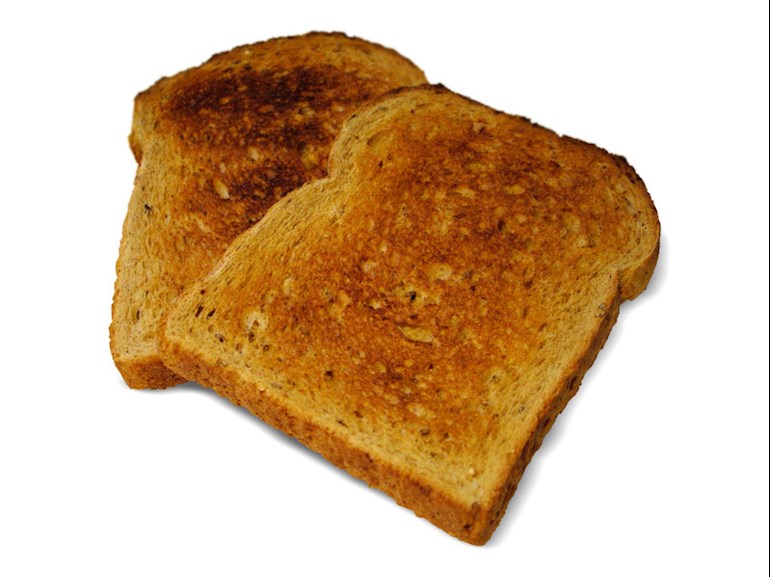Glycation is the process of a sugar molecule such glucose or fructose attaching itself to a protein molecule. This leads to the formation of AGEs (Advanced Glycation End products) in the body which damages cells and tissues - this accelerates the aging process by 7-fold.
The HbA1C biomarker is a measure of glycation. Excessive glycation also leads to the formation of VLDL cholesterol - the atherogenic component of LDL-C. Furthermore, it leads to insulin resistance which can then proceed to the development of diabetes (the inability of the B-cells in the pancreas to generate sufficient insulin).
There are two primary causes of excessive glycation - 1) the consumption of sugar and other refined (simple) carbohydrates, and 2) cooking food at high temperatures that induces browning (as in toasting your bread or any other cooking process that browns your food). It is best to boil, steam or poach your food.
Since most people do not accept change easily, it is unlikely that most will refrain from both simple carbohydrates and traditional cooking methods, especially the latter.
It is therefore best to focus on trying to eliminate sugar in all of its forms as well as refined carbohydrate foods to slow the process of glycation in your body. Wrinkles on your skin are an example of the glycation of collagen in your body.
Aside from avoiding certain foods, you can fight AGEs and the glycation process by consuming foods high in antioxidants such as fruits - especially blueberries, blackberries, raspberries, oranges and apples. Nuts and certain spices such as cinnamon and clove are also high in antioxidants. In addition, supplementing with vitamin C fights the process of glycation.
So if you want to increase your health-span and look good, you now know what to do.
Good health to all.
For more on this subject, you can read here:
livingto150.com/aging-and-l...
ncbi.nlm.nih.gov/pmc/articl...
ncbi.nlm.nih.gov/pubmed/209...
Video here: youtu.be/7RLfX5NT3JE - 3 minutes;
Video here: youtu.be/7WIaUVUeupQ - 4 minutes
